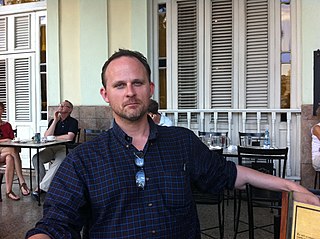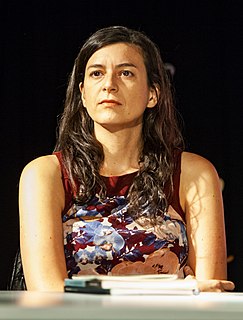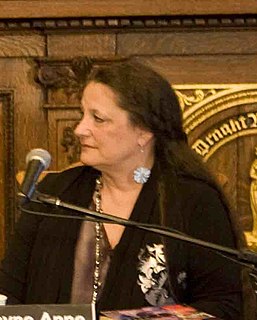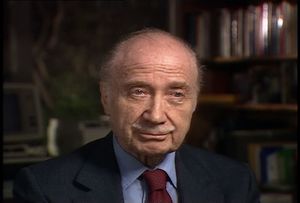A Quote by John Jeremiah Sullivan
There is no ideal length, but you develop a little interior gauge that tells you whether or not you're supporting the house or detracting from it. When a piece gets too long, the tension goes out of it. That word?tension?has an animal insistence for me. A piece of writing rises and falls with tension. The writer holds one end of the rope and the reader holds the other end?is the rope slack, or is it tight? Does it matter to the reader what the next sentence is going to be?
Related Quotes
Writing is alchemy. Dross becomes gold. Experience is transformed. Pain is changed. Suffering may become song. The ordinary or horrible is pushed by the will of the writer into grace or redemption, a prophetic wail, a screed for justice, an elegy of sadness or sorrow. ... There is always a tension between experience and the thing that finally carries it forward, bears its weight, holds it in. Without that tension, one might as well write a shopping list.
All your clear and pleasing sentences will fall apart if you don't keep remembering that writing is linear and sequential, that logic is the glue that holds it together, that tension must be maintained from one sentence to the next and from one paragraph to the next and from one section to the next, and that narrative - good old-fashioned storytelling - is what should pull your readers along without their noticing the tug.
Non-violent direct action seeks to create such a crisis and establish such creative tension that a community that has constantly refused to negotiate is forced to confront the issue. It seeks so to dramatize the issue that it can no longer be ignored... I am not afraid of the word tension. I have earnestly worked and preached against violent tension, and there is a type of constructive tension that is necessary for growth.
For me, even in the most subtle and introspective story, it's all about tension: this is the thread that ties a reader to story, something in the rhythm and in the argument that hypnotizes and pushes us to read with great attention. As a reader, I love the storytellers who play with this, and as a writer it is something I always look for.
I work via the high-tension-wire method, which is maybe going for long periods without writing while the tension builds up - when am I going to write this, am I going to be able to write this, what is this image about - and I'm thinking about it all the time, but I'm not really inside it, inside the writing.
Tension means hurry, fear, doubt. Tension means a constant effort to protect, to be secure, to be safe. Tension means preparing for the tomorrow now, or for the afterlife - afraid tomorrow you will not be able to face the reality, so be prepared. Tension means the past that you have not lived really but only somehow bypassed; it hangs, it is a hangover, it surrounds you.
Almost everyone seems concerned with the need to relax tension. However, relaxation of tension, which everyone thinks is good, is not easily distinguished from relaxing ones guard, which almost everyone thinks is bad. Relaxation, like Miltown, is not an end in itself. Not all danger comes from tension. The reverse relation, to be tense where there is danger, is only rational.
Writing is linear and sequential; Sentence B must follow Sentence A, and Sentence C must follow Sentence B, and eventually you get to Sentence Z. The hard part of writing isn't the writing; it's the thinking. You can solve most of your writing problems if you stop after every sentence and ask: What does the reader need to know next?





































